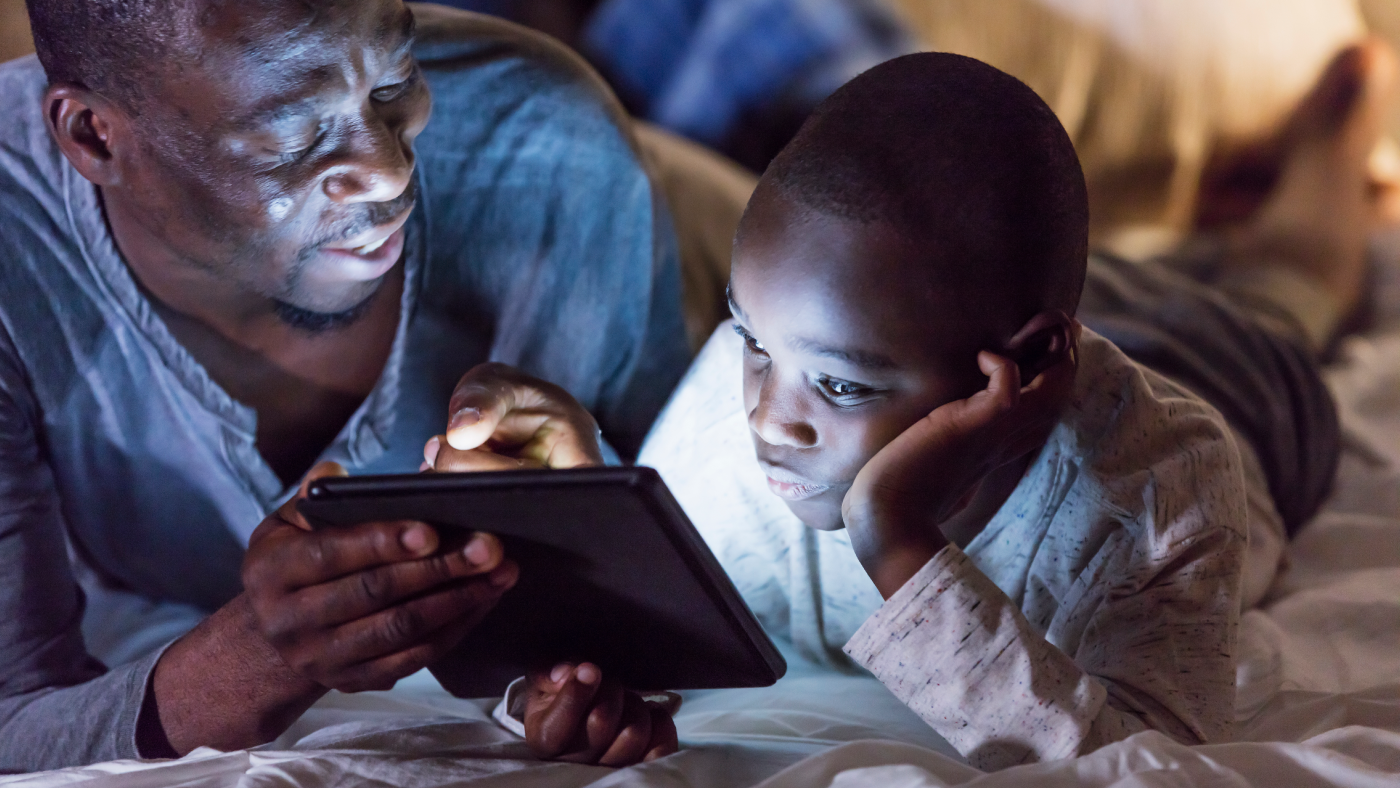New Internet Users
This report looks at how new Internet users behave online at two points along the Internet’s diffusion curve, one in November 1998 and the other in March 2000.
This report looks at how new Internet users behave online at two points along the Internet’s diffusion curve, one in November 1998 and the other in March 2000.
A first look at who does not go online and why, this study examines the Digital Divide, and highlights the inequalities between various demographic groups, in particular the grey gap between young Americans and seniors.
Washington, D.C., (Sunday, August 20th)- American Internet users want a guarantee of privacy online. An overwhelming 86% favor “opt in” policies that would require Internet companies to seek permission from users before they disclose personal information, according to a new survey by the Pew Internet & American Life Project. This view challenges the policy just […]
Online Americans have great concerns about breaches of privacy. At the same time, they do a striking number of intimate and trusting things on the Internet, and the overwhelming majority has never had a seriously harmful thing happen to them online.
Introduction and Summary Traditional news outlets are feeling the impact of two distinct and powerful trends. Internet news has not only arrived, it is attracting key segments of the national audience. At the same time, growing numbers of Americans are losing the news habit. Fewer people say they enjoy following the news, and fully half […]
The "Love Bug" virus, which interrupted online life in many places around the world in the first week of May 2000, afflicted a surprisingly small number of American Internet users.
A new study released today shows that more than nine million women have gone online for the first time in the last six months, and they have brought gender parity to the Internet population. This surge in Internet usage by women is also reshaping America”s social landscape because women are using email to enrich their […]
Women surge online and are even more enthusiastic than men about the way email improves their connections and increases their communication with key family members and friends
The first-ever study of online coverage of the presidential election found that many of the most popular online portals do not live up to the promise of the Internet as a gateway to new, unfiltered and diverse information about politics.
Health information remains one of the most important subjects that internet users research online, and the largest percentage are looking for information on a specific disease or medical problem.

Roughly four-in-ten Americans have experienced online harassment. Growing shares face more severe online abuse such as sexual harassment or stalking.
Two-thirds of parents in the U.S. say parenting is harder today than it was 20 years ago, with many citing technologies, like social media or smartphones, as a reason.
From distractions to jealousy, how Americans navigate cellphones and social media in their romantic relationships.
Majorities of U.S. adults believe their personal data is less secure now, that data collection poses more risks than benefits, and that it is not possible to go through daily life without being tracked.


